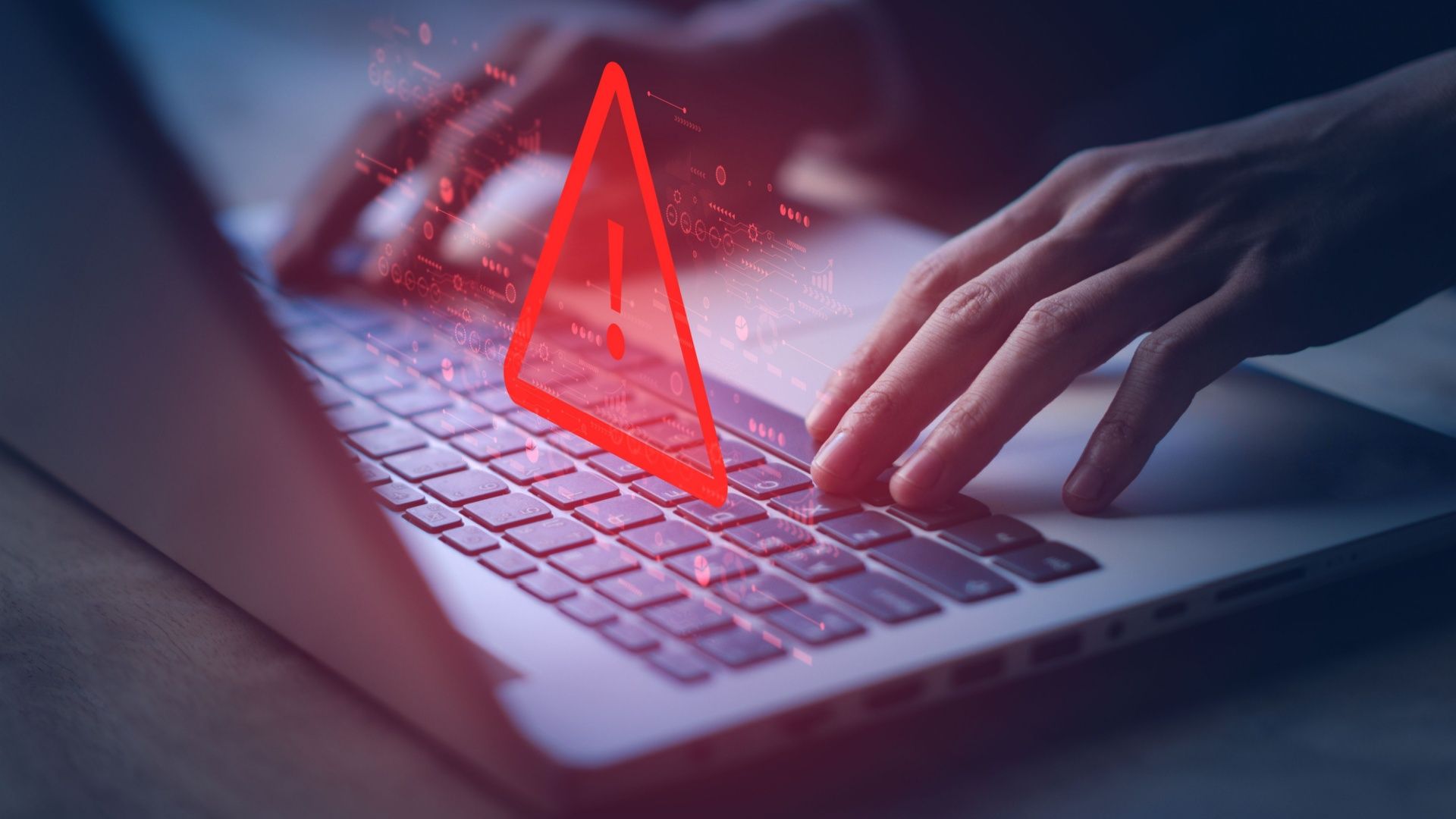🚨 Patches and MFA Bypassed! The Shocking Reason Akira Ransomware Attacked SonicWall VPN 🚨
I was truly astonished when I heard this news! 😲 It's hard to believe that the Akira ransomware managed to penetrate SonicWall VPNs despite the latest security measures. We've taken a deep dive into the full story of this attack, which exploited the CVE-2024-40766 vulnerability, and what we need to be vigilant about moving forward.

Hello everyone! Today, I have some security news that I believe will be of great interest to many. According to recent reports from several security researchers, the Akira ransomware gang has succeeded in breaching SonicWall VPN systems. This includes accounts that already had the latest patches applied and multi-factor authentication (MFA) configured. 😨
An Unexpected Flaw: CVE-2024-40766
Found this article helpful?
Never miss insights like this - delivered every morning
At the heart of this attack lies a vulnerability known as 'CVE-2024-40766'. This issue was originally discovered in older (end-of-life) devices like SonicWall SMA 100. Surprisingly, it has been found that Akira ransomware operators have discovered a way to infiltrate SonicWall SSL VPN devices using this vulnerability, even though the latest patches were applied. 🤯
Suspicion of OTP Seed Theft, MFA Compromised?
Security researchers have raised the possibility that OTP (One-Time Password) seeds may have been stolen as the motive behind this attack. If OTP seeds were compromised, it would allow the bypass of the one-time password system itself, rendering even accounts using MFA unsafe. This is truly shocking, akin to stealing the key to a robust lock and opening the door. 🔑
Attack Noticed by Google, Link to UNC6148
Google has analyzed these attacks and linked them to an attack group known as 'UNC6148'. This group is known to target SonicWall SMA 100 devices that are either patched or end-of-life. This suggests that it's not just a single vulnerability issue, but rather a more organized and persistent attack campaign. 🌐
Diverse Analyses from Security Researchers
Security researchers are offering various analyses of this incident. Arctic Wolf Labs reported an increase in anomalous login attempts on SonicWall SSL VPNs starting in late July 2025. Initially, zero-day vulnerabilities were suspected, but it was later confirmed that CVE-2024-40766 was exploited. This serves as an example of how rapidly security threats evolve. 📈
What Can We Do?
This incident once again demonstrates that the latest security devices and MFA alone cannot guarantee complete safety. Instead of being complacent just because a patch is available, it is crucial to consistently keep systems up-to-date and diligently monitor for any suspicious activity. Furthermore, applying multi-layered security measures where possible and strengthening user education are essential. 🛡️
What are your thoughts upon hearing this news? Please share your opinions or experiences regarding security threats in the comments! I believe it's important to discuss these issues together. 😊
It's time to always be vigilant for a secure digital life. Let's all strive to create a healthy and safe online environment! 💪